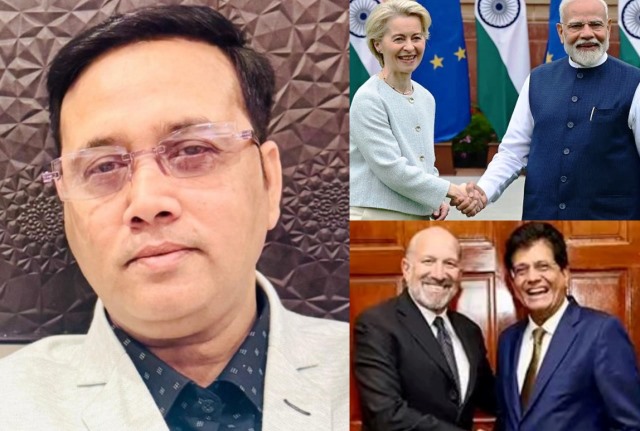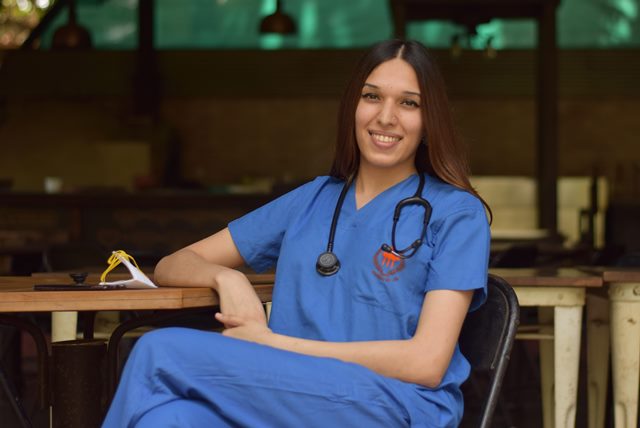
‘Our Healthcare Is Woefully Insensitive To Trans People’
Dr Trinetra Haldar Gummaraju, Karnataka’s first transwoman doctor, rues lack of a trans-inclusive and gender affirmative healthcare in India, which reflects in vaccination drive too
When I was ten years old, my parents took me to a psychiatrist hoping for answers as why my behaviour was gender non-conforming. Instead of being accurately counselled, we were told that I lacked a masculine influence in my life, and that my mother was performing roles that were stereotypically masculine (such as going to work, living a financially independent life and not performing house chores). And that was confusing my sense of gender. The advice was outdated, misogynistic and queerphobic. I stepped out of the clinic thinking I was “crazy”.
In my MBBS years, I found little mention of the healthcare that trans-people require in either my syllabus or in training. The group did find mention in the context of sexual perversions, psychiatric disorders and high-risk groups for HIV/AIDS – all of which are misleading, inaccurate and obsolete perspectives. It is almost as if the medical fraternity doesn’t see trans-people as deserving of access to healthcare.
As has become clear with the case of trans-activist, radio-jockey Anannyah Kumari Alex, there is a significant lacuna with regards to trans-inclusive and gender affirming healthcare in the country.
Transgender people are one of the most marginalised sections of society, an invisible minority. A recent study conducted for the NHRC (National Human Rights Commission) showed that only about 2 per cent of all trans-persons surveyed lived with their natal family; the majority faced social and familial rejection and; 23% were forced into sex work, a profession with exposure to HIV and other sexually transmitted infections.

Given the pandemic, the risk of exposure to SARS-CoV-2 for Trans sex workers has been enormous. The pandemic added to financial and health-related burdens. Yet, hospitals across the country remain trans-exclusionary, right from the lack of sensitisation and training of medical and para-medical staff, to the lack of infrastructure such as inclusive wards and restrooms. Vaccine outreach has been particularly difficult for this reason.
Any form of healthcare right from the most basic healthcare, such as a sore throat, to specialised healthcare like endocrinology or urology remain blatantly inaccessible and unaffordable. Indian healthcare has a long way to go in creating safe, accessible, affordable healthcare models across the country for queer and trans-persons.
ALSO READ: ‘Police Job Gives Me Life Beyond Badhai, Begging’
I always found surgery a very noble and artistic pursuit, one that required finesse, dedication and compassion. Upon witnessing surgery in high school thanks to family friends who were doctors, I was drawn to medicine, and knew I had to pursue it as a career.
The change needs to occur at several levels. First, the medical councils at national and state level need to remove all pathological models of transgender identity from the syllabi. This means that transgender identity must not be seen as an abnormality, but as a variation, which needs support and not correction. This is the model adopted by the World Health Organisation and the American Psychiatric Association. This information and sensitivity thereof must be conveyed to medical and para medical students and staff at an early stage of their careers.
Next, hospitals and colleges must allot wards and washrooms to trans-persons, and train supportive staff in handling trans-patients with sensitivity. All forms of conversion therapy to “correct” LGBTQIA+ persons must be outlawed and made punishable as recently directed by the Madras High Court.
Research and training in gender-affirming healthcare must be encouraged at all levels. Hospitals across the world have created training programs that India may draw inspiration from, and recalibrate learning for its doctors and staff.
Most important, a cultural shift is necessary in making society in general safe for trans-people – starting from conversation at the dinner table, inclusive sex education at schools, representation in the media and all professions, especially in healthcare. “Nothing about us, without us” is a slogan often used in disability activism, and the very same applies to transgender persons in our fight for equality.
As Told To Mamta Sharma
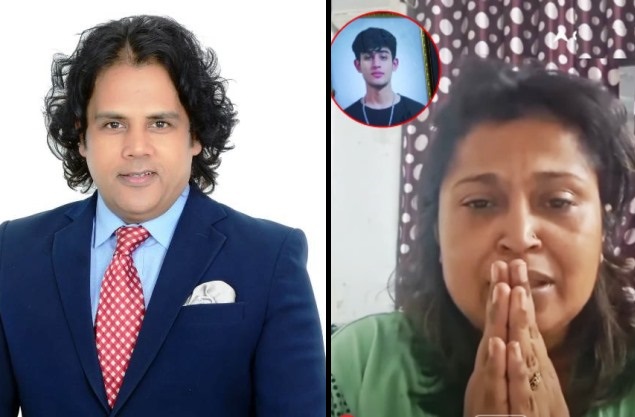
‘Flashy Parents & Reel-Crazed Minors Behind The Wheel Are A Curse On Road’
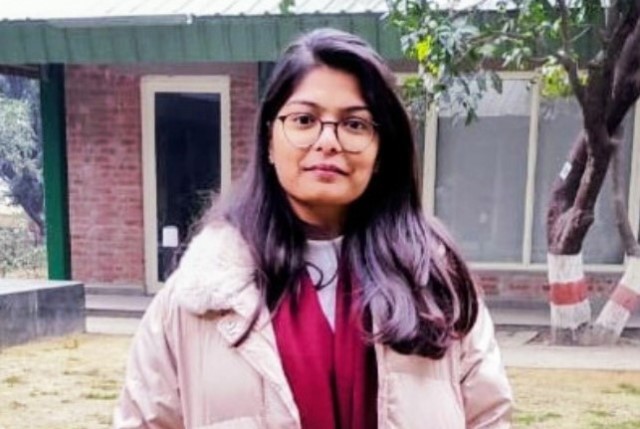
‘Social Media Addiction Is Turning Into A Mental Health Crisis’
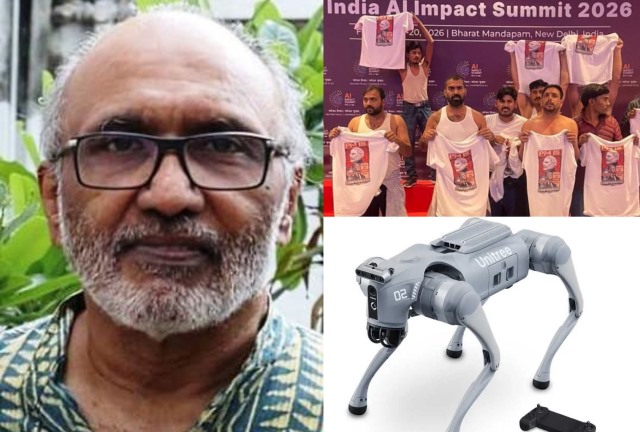
‘Delhi AI Summit Was A Bitter Experience For Visitors & Participants Alike’
